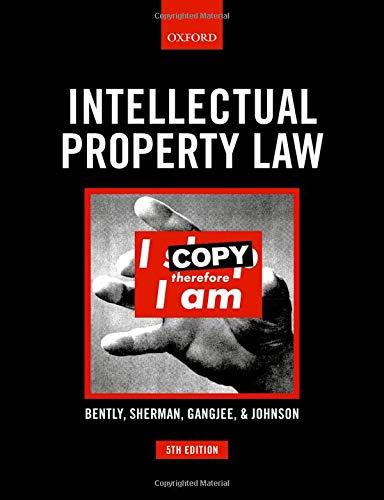Question
The Issue In June 2016, the United Kingdom held a referendum to determine whether citizens wished to leave the European Union (EU), which resulted in
The Issue
In June 2016, the United Kingdom held a referendum to determine whether citizens wished to leave the European Union (EU), which resulted in a small majority in favor of what is now known as Brexit. As part of the EU, member countries benefit from a single-market system. Within this system, there are no duties or quotas for EU member states when doing business with each other, and simplified customs procedures to reduce administrative burdens and transportation delays are in place. Now that the UK might be leaving the EU, new import/export measures have to be put in place, potentially along with new tariffs and more complex customs procedures. Unfortunately, Brexit negotiations have focused on awithdrawal agreement, not a trade deal; and since a deal with the EU is yet to be reached in Parliament and the date at which Brexit comes into effect has now been delayed until January 31, 2020, international businesses are left with no concrete knowledge of what the new trade regulations might be.
Why Is It News?
The Lego Company, based in Denmark, has put measures in place to deal with Brexit, or as they affectionately call it, "Brixit." Lego bricks, produced in the Czech Republic, Hungary, and Denmark (all EU countries), are currently freely and easily imported to UK warehouses before heading to retailers. Following the Brexit referendum, Lego's concerns in the region are centered around supply andcost. In order to avoid a complete disruption in supply due to potential delays at ports of entry, Lego has been stockpiling bricks at their UK warehouses, particularly in light of the recent holiday season. These warehouses, however, are typically small and meant to be a waystation to house excess stock forretailers who manage inventory on an as-needed basis.
After the Brexit referendum in 2016, the pound's value plummeted, leading Lego to increase the price of their products by5% for UK retailers. Retailers then had to decide if they wouldabsorb that extra costor pass it on to the customer. Although the pound has regained strength since then, Lego prices have not dropped in the UK, and the company warns that further increases may be necessary if the pound continues to decrease,which would almost certainly happen in the event of a no-deal Brexit.
Discussion Questions
1.What is Brexit, and what are its economic implications?
2.Do you think Lego is being prudent by planning for something that may not happen? Do you think the company should be taking other measures?
3.Considering the multiple postponements to the Brexit date, what are the advantages or pitfalls of Lego's ad hoc stockpiling potentially becoming a long-term strategy? Recall that the warehouses Lego is using aren't necessarily meant for long-term storage. At what point should Lego adjust its strategy?
4.Based on Lego's example, how can companies with EU-based supply chains plan for the massive change Brexit might introduce? What could they do differently?
Step by Step Solution
There are 3 Steps involved in it
Step: 1

Get Instant Access to Expert-Tailored Solutions
See step-by-step solutions with expert insights and AI powered tools for academic success
Step: 2

Step: 3

Ace Your Homework with AI
Get the answers you need in no time with our AI-driven, step-by-step assistance
Get Started


